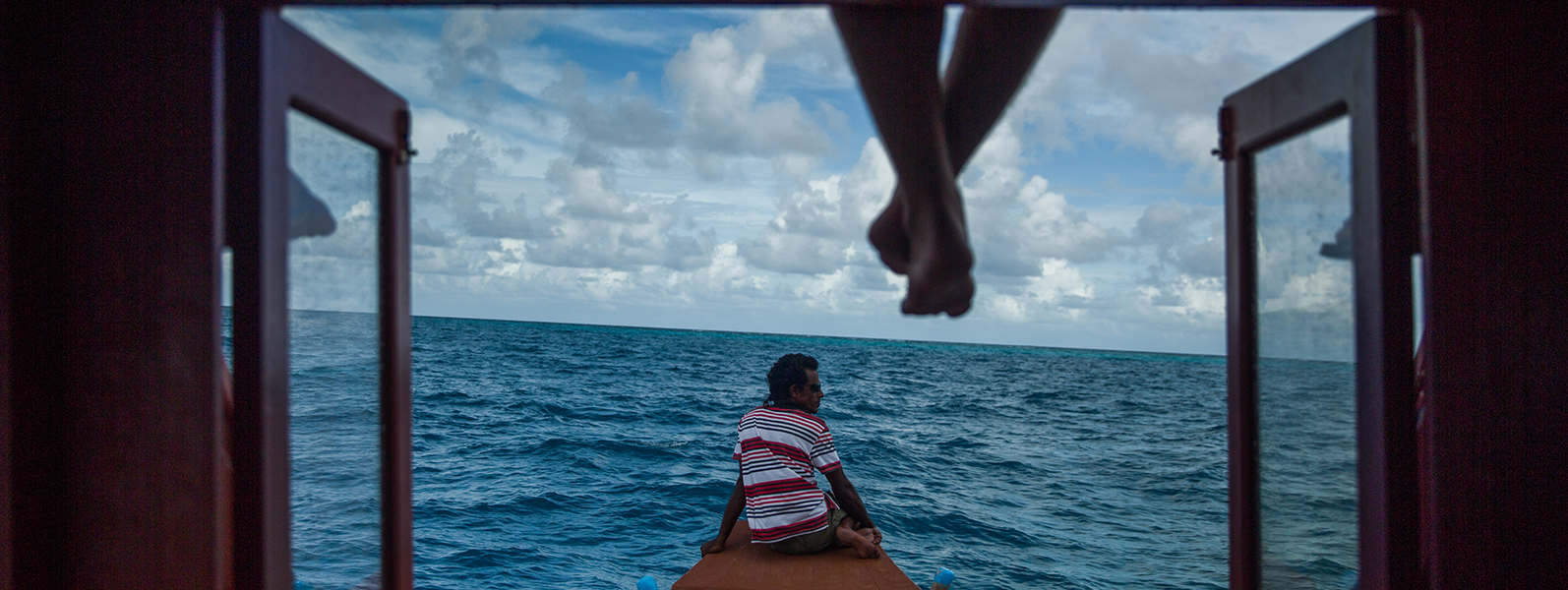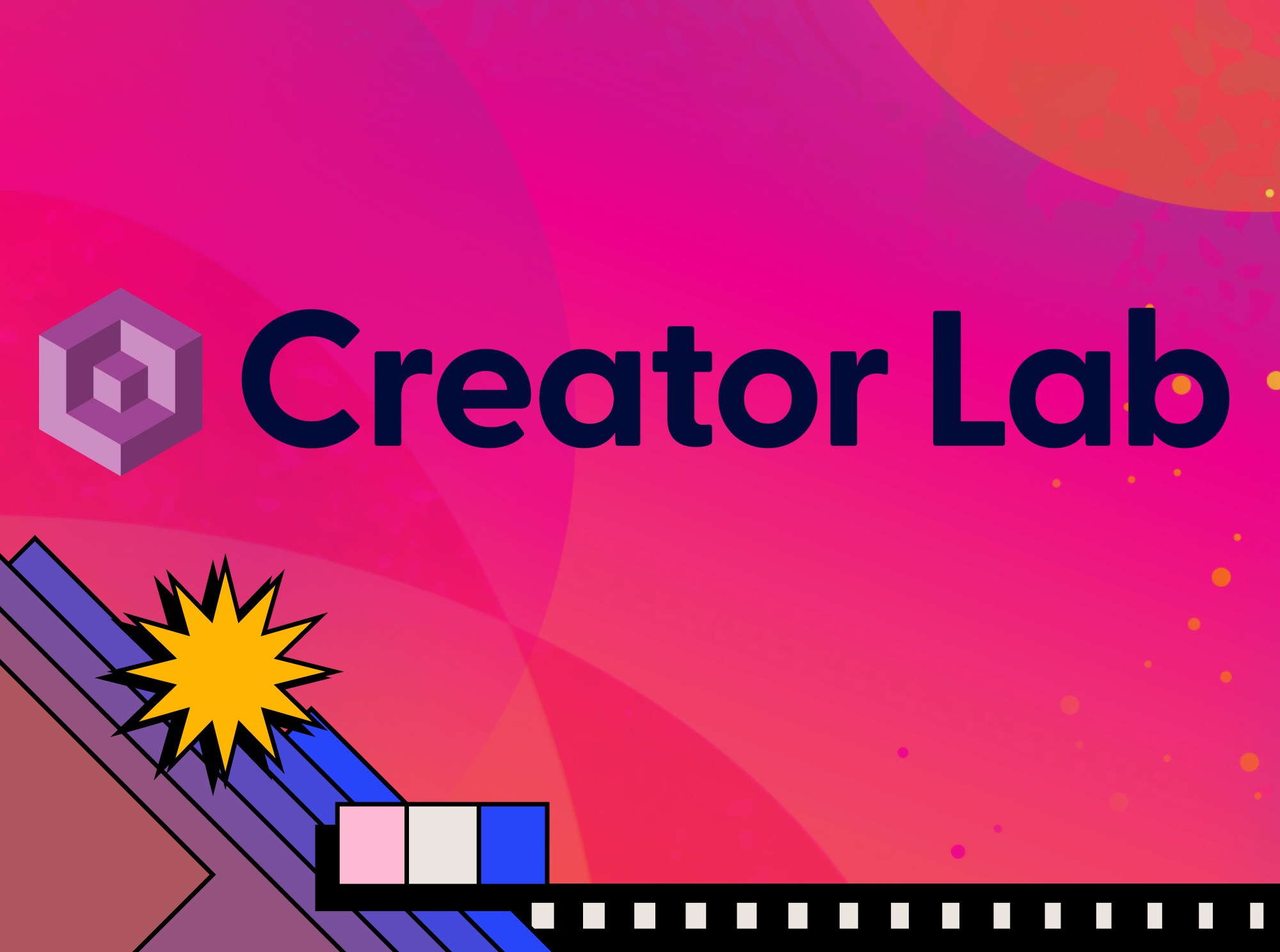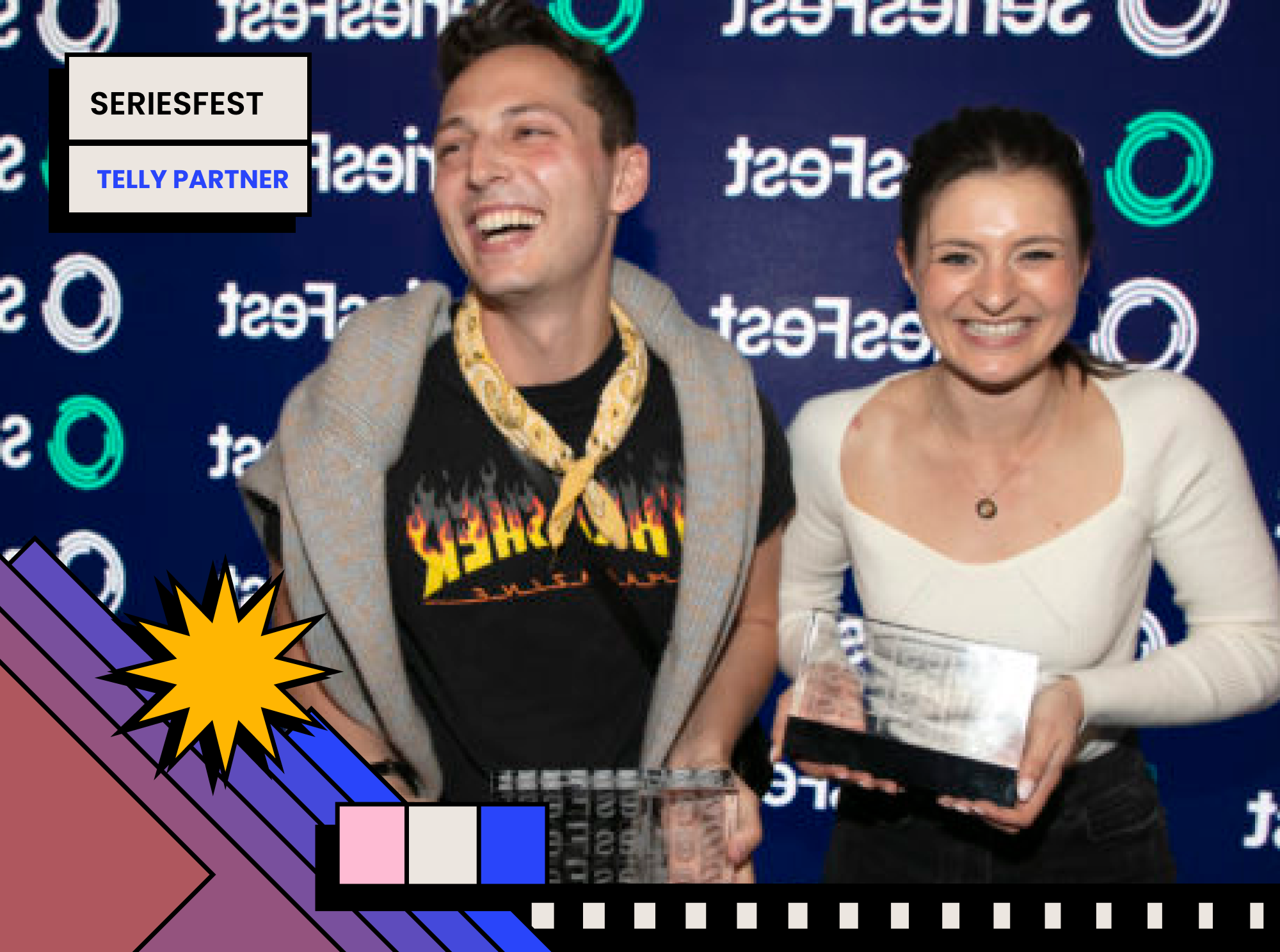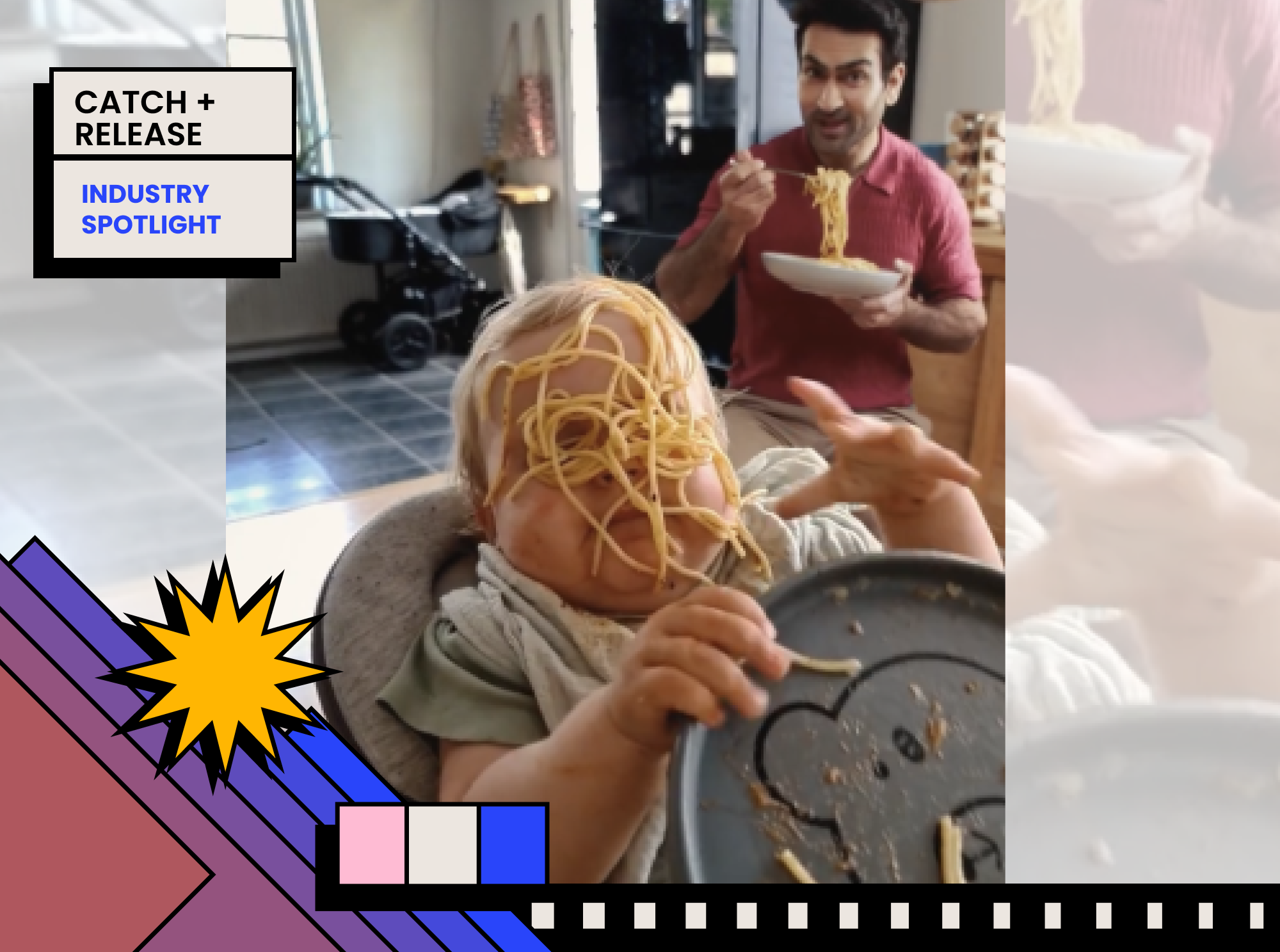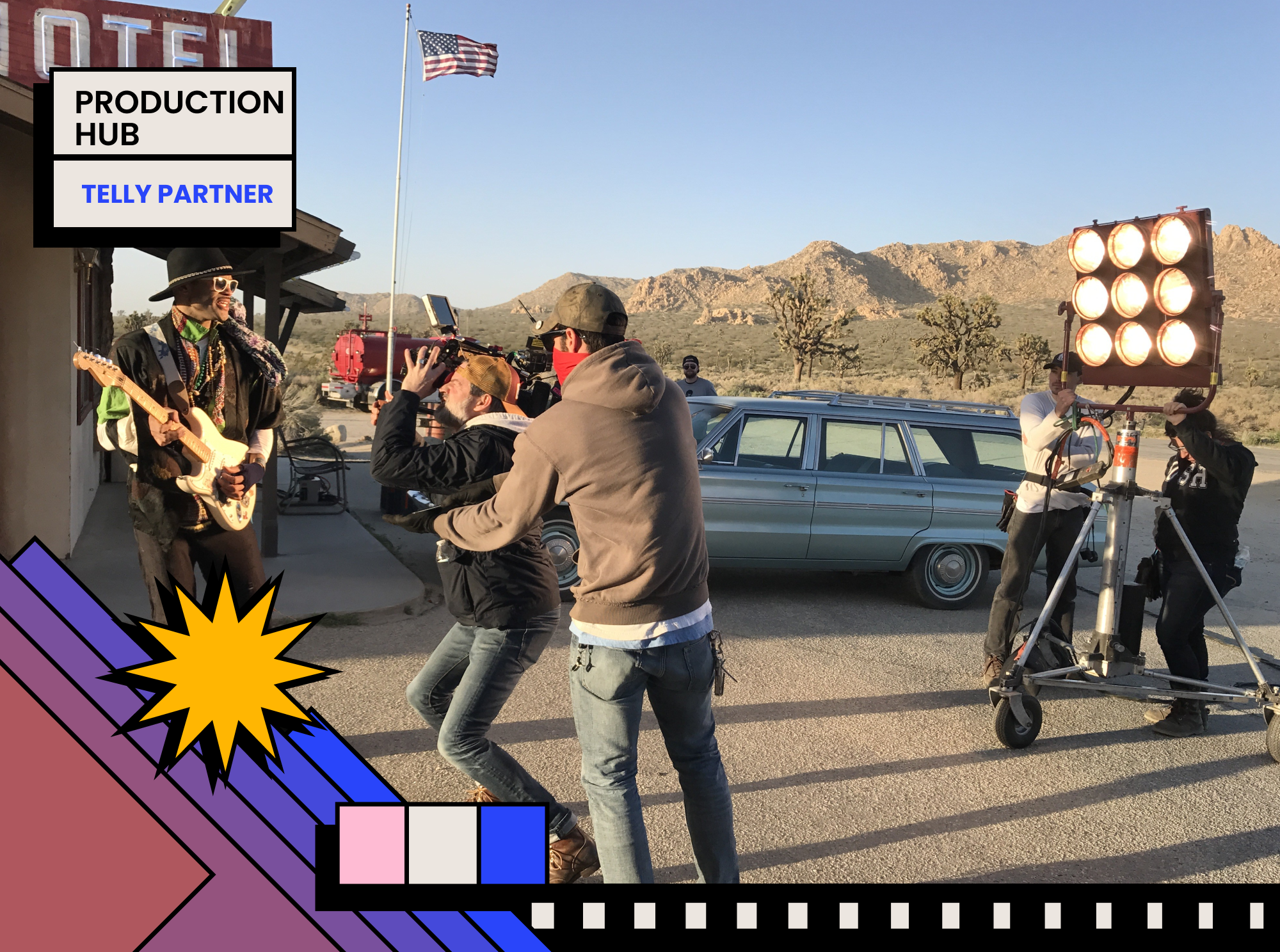Greg Moyer is an award-winning television and digital media executive with deep international experience and a track record of innovation in channel design, brand positioning, programming, marketing, and global distribution. A creative and inspirational leader, Moyer has successfully operated across senior positions for Discovery Channel, TLC, Animal Planet, VOOM HD, and Food Network, among others. Moyer also led Discovery in collecting five George Foster Peabody Awards for programming excellence.
Blue Chalk Media is a video production company dedicated to using the power of nonfiction storytelling to answer the communications challenges facing a wide range of clients. With a staff of 16 split between our headquarters in Brooklyn, NY, and a West Coast office in Portland, OR, Blue Chalk specializes in producing short-form videos that touch both the head and the heart. Since opening for business in November 2013, Blue Chalk has completed over 350 short films for clients ranging from media entities such as The New York Times to philanthropies such as Carnegie Corporation of New York to commercial enterprises such as The Weather Channel.
Why do we believe so deeply in nonfiction storytelling?
Most of the people who work at Blue Chalk came to their love of storytelling through formative experiences as photojournalists or documentary filmmakers. To a person, we crave authenticity and celebrate when we capture moments of genuine human emotion. This “see it for yourself” approach appears to be the way people want to receive information in this digital age. For us, success is producing a film that allows a viewer to walk authentically in another person’s shoes, if only for three minutes.
How important is it that your work has an educational impact on the audience?
We value education as the cornerstone of functioning democratic society and the means by which individual people can achieve their fullest potential. That said, our videos are not designed to be “educational” in a formal sense. So much of what the world needs today is to be able to empathize with the circumstances of others. We’re satisfied if we’ve delivered some insight into how others live their lives.
Why short-form narrative? What are the advantages or differences as opposed to broadcast?
I spent over 25 years working for cable networks that produce nonfiction entertainment. The biggest difference is that short-form videos have fewer expectations around format and structure required by ad-supported, series-driven television channels. It’s a pleasure to produce outside a three-act, three-break format for a televised half-hour, a structure that fights true documentary-style storytelling. We also enjoy some advantages in the range of cameras we employ given that our films are primarily designed to be distributed online.
As a multi-faceted production company, your award-winning work takes many forms: branded content, social impact, journalism, interactive web content. What is the biggest challenge and opportunity you see in moving between these varying clients/outlets/distribution platforms?
Different clients have different needs. But in every case, we deliver true stories told in an authentic voice. What’s common to all our work is the high level of emotional integrity which comes from respecting the people who are choosing to share their stories with us. We don’t hire actors to appear in our films, and we don’t pay for “real” people to offer commercial endorsements. The stories we tell have to be real for the magic to happen. In that sense, there are few differences in our approach despite a diverse stable of clients.
What’s the impact of your video work created for non-profits?
Most nonprofit organizations are trying to demonstrate their impact on the world. There is no technique that better delivers proof of performance than documentary-style storytelling. As filmmakers, we have the privilege of entering the lives of people who are often living in challenging circumstances. Our job is to show how the work of a nonprofit organization is impacting those lives. It doesn’t get more real than that. The nonprofit films we’ve created have raised hundreds of thousands of dollars for their causes and have been seen by millions.
What sort of skills do you look for when hiring your team?
All Blue Chalk team members are enthusiastic, intelligent, humble, empathetic, and possess an unbridled curiosity about the larger world. We also seek out people with demonstrated talent in their respective crafts, whether that is research, producing, handling a camera, or editing a film. Not everyone has years of experience, but it is fair to say that even the newcomers are precocious. In fact, journalism attracts people like this. We consider it a privilege to undertake the work we do.

